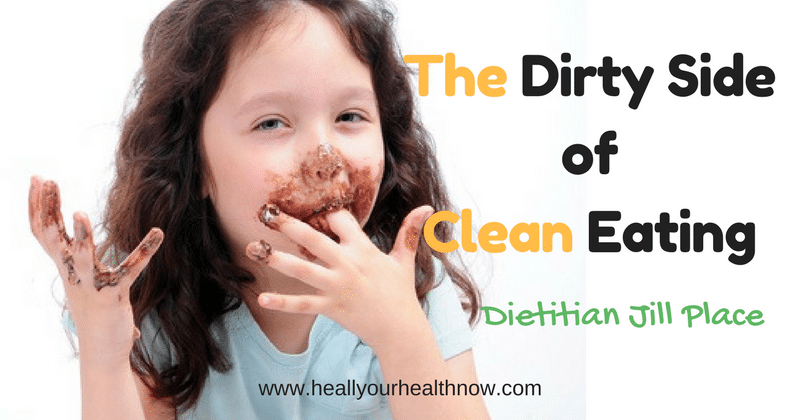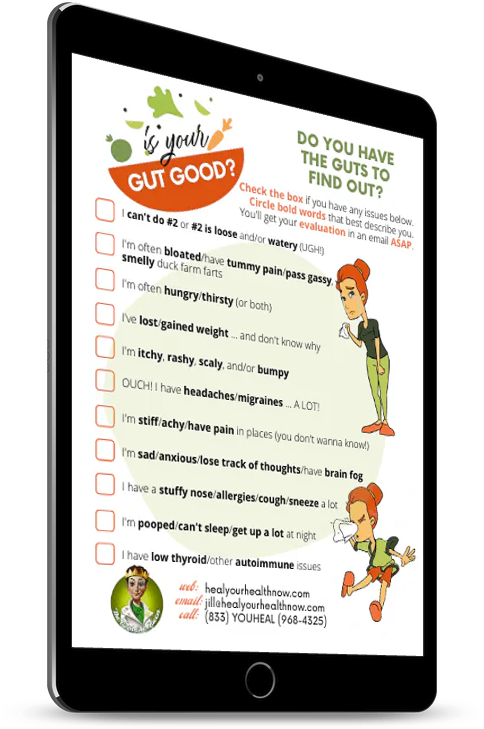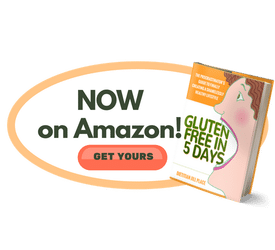
Is Clean Eating Yet Another Food Addiction?
It’s called orthorexia. And The Spectator described it as “The trendy nutritional advice that’s more likely to make you ill than healthy”. I agree. I’ve been acquainted with this interesting variation of disordered eating … focusing upon only consuming foods thought of as healthy … WAY before it had a name; trust human beings to invent yet another way to distort a basic primal drive.
Dr Steven Bratman first coined the term orthorexia in 1997 for a pattern of healthy eating that crosses over into eating disorder territory. “Ortho” means right or correct, and “rexia” means desire. It certainly makes sense that “desiring correct” foods and pursuing them despite conflicting information and questionable benefit fit the bill as an eating disorder. Even though orthorexia is still not considered an actual diagnosis. Yet.
I can’t tell you how many times I’ve worked with eating disordered clients who wouldn’t eat fat, fast food, and anything else considered normal in the American diet. We would comb the aisles during health food store excursions (heaven forbid we should shop in regular supermarkets) for snack bars that had only fruit, nuts, and other unadulterated ingredients. When I started treating anorexics twenty-plus years ago, most were vegetarians. Now, they seem to exhibit orthorexic tendencies and deem themselves allergic to gluten or dairy (when diagnostic tests say they’re not). Thus, they deny away their fear and anxiety for fatty, caloric foods or those out of their immediate control.
I’ve also been aligned with fanatics who ate only fruit, vegetables, nuts, and seeds in the raw state. I was working with a partner repping Harvey and Marilyn Diamond’s popularity avalanche from the book, Fit for Life, then. And studying Natural Hygiene with one of these extremists. When my partner remarked longingly about that teacher’s flawless eating and exercise regimen, I fired back, “Awwww … he does that to pick up younger women. And … WHERE’S THE LIFE IN THAT LIFE!”
How did we get here? Well, we humans are really good at confusing food with morality. We’re “good” when we eat foods considered good for us and “bad” when we don’t. And all the media hype and clashing messages from burgeoning wellness gurus doesn’t help either … it’s impossible who to believe and what to trust. Since eating is an intimate act … what we eat becomes a part of us … all of this polluted thinking can lead to feelings of profound anxiety, guilt … and even disgust.
James Heathers, PhD, puts it both quite profoundly … and quite soberly …
Humans have lots of funny quirks, and here are three:
- We make magic rules about how food works.
- We use those rules to define moral boundaries.
- We then get upset / disgusted if we break those rules, or go outside those boundaries. (And sometimes we get upset if other people do, too.)
This situation is complicated by the fact that:
- Some people who understand that we do #1 through #3 above will use those things to make money and/or create an emotional response in you.
So we get sold a literal bill of goods that things are healthy by people whose only motivation is to make a buck. They spread paranoia in emotion-charged packages with little or no scientific backing whatsoever. As a reaction, some of us tend to cut out whole categories of foods and even whole food groups (like fats) in an effort to live up to this magical erroneous concept of “clean eating”. I can’t tell you how many times I’ve heard, “I want to lose weight … I’m going to cut out all carbs” or “Fat and fatty foods disgust me … I just can’t eat them.” How healthy can that be? Eating this way is a prescription for malnutrition.
My apologies to all those orthorexics out there but I’m a total advocate of the concept that all foods are good. Yeah … eating more fruits and vegetables, good fats like butter, coconut and olive oils, and more organic meats would probably make you feel better. But, in reality, the best way to eat is to make up your own food rules and then follow the dictum of everything in moderation with joy and self-compassion. Because all obsessions and extremes are harmful in the long run.
Karin Kratina, RD, has a great way to find out if you ARE orthorexic … if you pile up the “yeses” below it might be time to seek professional help.
The more questions you respond “yes” to, the more likely you are dealing with orthorexia.
- • Do you wish that occasionally you could just eat and not worry about food quality?
- • Do you ever wish you could spend less time on food and more time living and loving?
- • Does it seem beyond your ability to eat a meal prepared with love by someone else – one single meal – and not try to control what is served?
- • Are you constantly looking for ways foods are unhealthy for you?
- • Do love, joy, play and creativity take a back seat to following the perfect diet?
- • Do you feel guilt or self-loathing when you stray from your diet?
- • Do you feel in control when you stick to the “correct” diet?
- • Have you put yourself on a nutritional pedestal and wonder how others can possibly eat the foods they eat?
Just remember that we are much, much more than our bodies. Or a number on the scale. Or the idea of “clean eating”.
Leave Your Comments About The Dirty Side of Clean Eating Below
How obsessed are you about healthy eating. Do you eat what you want with joy and awareness? Or have you answered “yes” to some of the questions above?


Good thing I am seeking professional help…..:-/